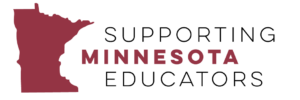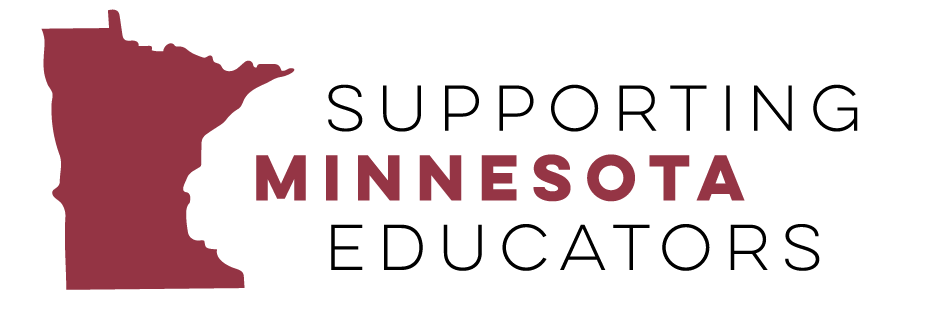UPDATE: The website referenced below has been archived as of February 2020. For more information about this work, contact Jennifer O’Neal Schiess.
Minnesota is a fascinating place when it comes to education. Student populations are increasingly culturally and linguistically diverse, especially in the Twin Cities. Overall child outcomes have been historically high relative to national averages, but wide and persistent achievement gaps reveal unacceptable disparities by race, ethnicity, immigration status, and income. Local education leaders, funders, and advocates are increasingly seeking change in policy and educational programs. In this environment, it’s interesting to zoom in on work happening at a local level, to identify lessons that can be applied elsewhere in Minnesota, and in other schools, states, and cities.
Today we release Supporting Minnesota Educators, a new website from Bellwether Education Partners. This project began by looking at the McKnight Foundation Pathway Schools Initiative, which aimed to improve pre-K to third grade reading outcomes in seven schools in Minnesota’s Twin Cities via formative assessments, educator professional development, and leadership supports for principals. McKnight and its partners began with bold ambitions to support significant improvements in student learning, but those gains haven’t materialized in most participating schools. These results show how complicated school improvement work can be, and also point to how policymakers can better set schools and principals up for success.
In examining evaluation results and speaking with initiative stakeholders, we found three key lessons that can inform future efforts:
- Foster stability among educators and leaders to allow for instructional and school culture changes to take hold
- Build leadership teams in schools focused on improving teaching and learning
- Improve training for educators so they have the knowledge and skills to provide excellent instruction for all students
Supporting Minnesota Educators expands on all three of these lessons, and brings together results from the Initiative with national research and resources. The website will also serve as a home for more resources to come on these topics in the year ahead – you can sign up for updates here. I hope this website will be a helpful resource for leaders, teachers, and advocates and generate conversation about pre-K to third grade and school improvement in Minnesota and elsewhere.
